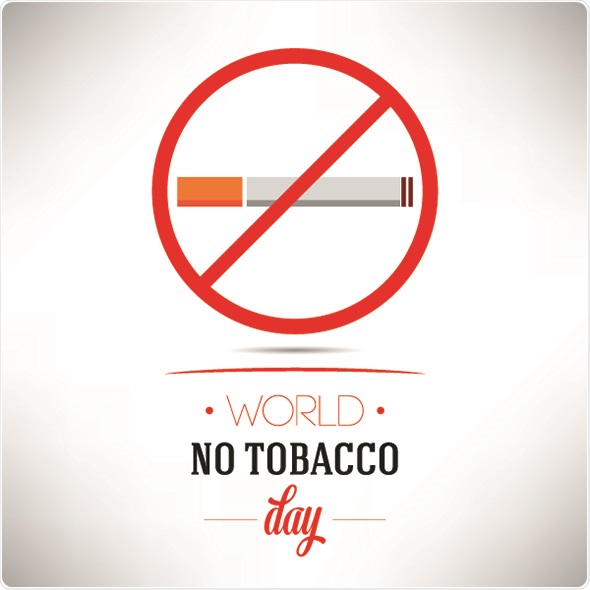Kate Bass BSc
May 31 2015 is World No Tobacco Day and the World Health Organization (WHO) is using this opportunity to bring attention to the illicit trade in tobacco and try to bring an end to it by urging Member States to sign the Protocol to Eliminate the Illicit Trade in Tobacco Products.
 Shutterstock / Krkt
Shutterstock / Krkt
Illegally obtained tobacco, eg, through smuggling, illegal manufacturing and counterfeiting, is sold at considerably reduced prices compared with legally available products. This is achieved largely by avoiding government taxes, a loss to governments of around US$ 31 billion annually. These are valuable funds that could be invested in socioeconomic development and the provision of public services, including health care. Furthermore, the low cost of illicit tobacco makes it more accessible to younger people (who generally have lower incomes) increasing the risk of tobacco-related health problems. Tobacco-related illness is one of the biggest global public health threats, with one person dying from a tobacco-linked disease every six seconds.
The Protocol to Eliminate the Illicit Trade in Tobacco Products is an international treaty that has been negotiated by parties to the WHO Framework Convention on Tobacco Control. It includes a wide range of measures aimed at increasing control of the tobacco supply chain, such as the licensing of imports, exports and manufacture of tobacco products; the establishment of tracking and tracing systems and the imposition of penal sanctions on those responsible for illicit trade. Signatories of the Protocol would be committed to eliminating all forms of illicit trade in tobacco products.
Dr Margaret Chan, WHO Director-General, commented:
The Protocol offers the world a unique legal instrument to counter and eventually eliminate a sophisticated criminal activity. Fully implemented, it will replenish government revenues and allow more spending on health
In order for the Protocol to become international law, it must be supported by 40 countries. Currently, only eight countries have ratified the Protocol, leaving a lot of work still to be done and it is likely to be an uphill struggle.
“The Protocol faces overt and covert resistance from the tobacco industry,” says Dr Vera da Costa e Silva, Head of the WHO FCTC Secretariat. “Manufacturers know that once implemented, it will become much harder to hook young people and the poor into tobacco addiction.
Dr Douglas Bettcher, Director of the WHO’s Department for the Prevention of Noncommunicable Diseases added “On this World No Tobacco Day, WHO and its partners are showing the ends that the tobacco industry goes to in the search for profits, including on the black market, and by ensnaring new targets, including young children, to expand its deadly trade.”
Sources:
WHO press release. WHO calls for action against illicit tobacco trade on World No Tobacco Day. Available at: https://www.who.int/
The WHO Framework Convention for Tobacco Contro. Available at: https://www.who.int/